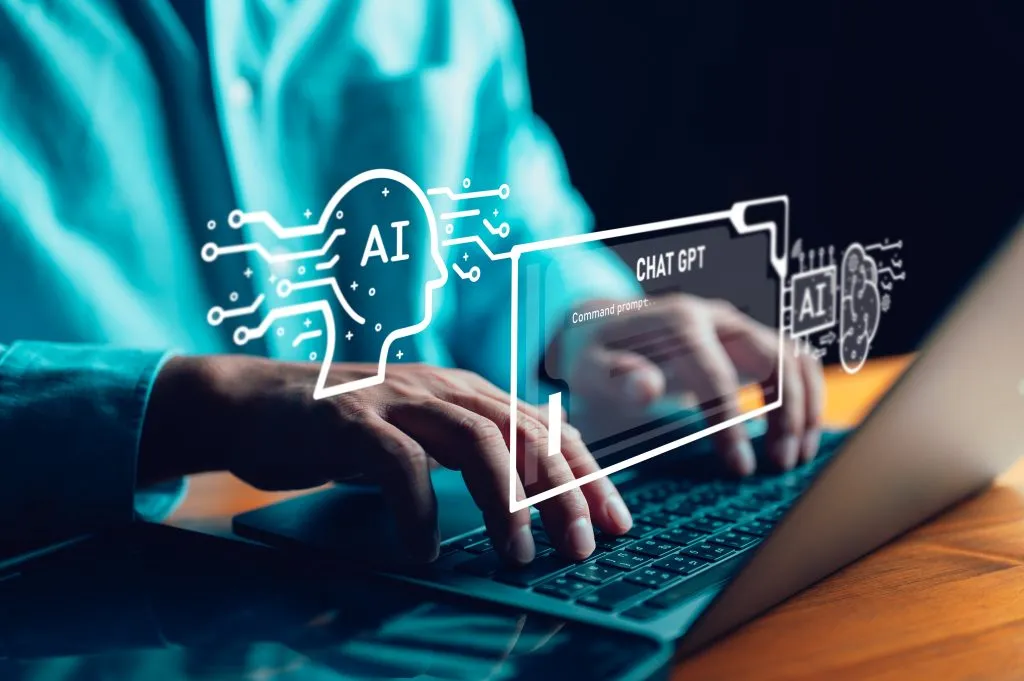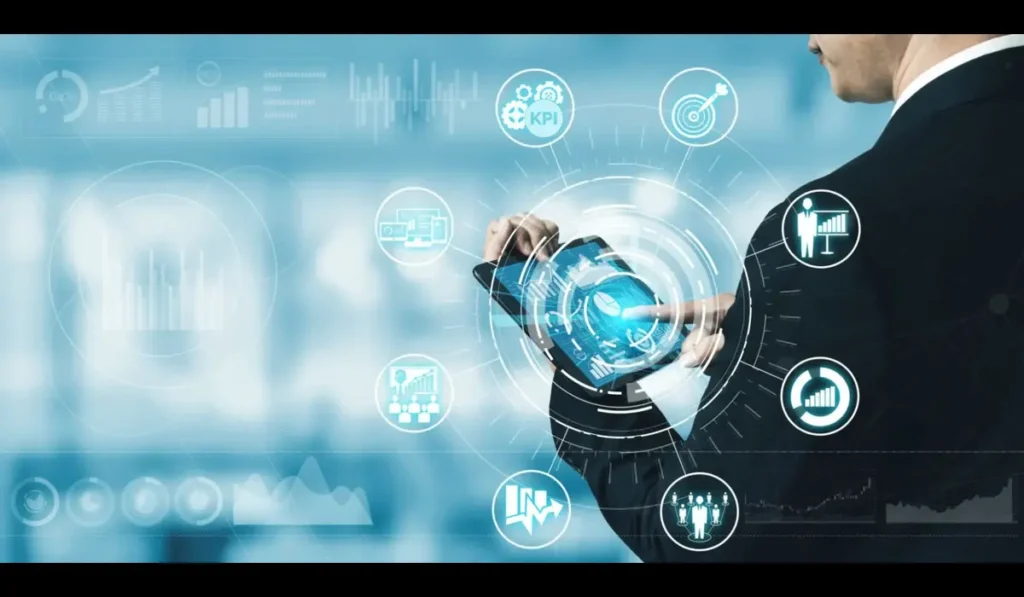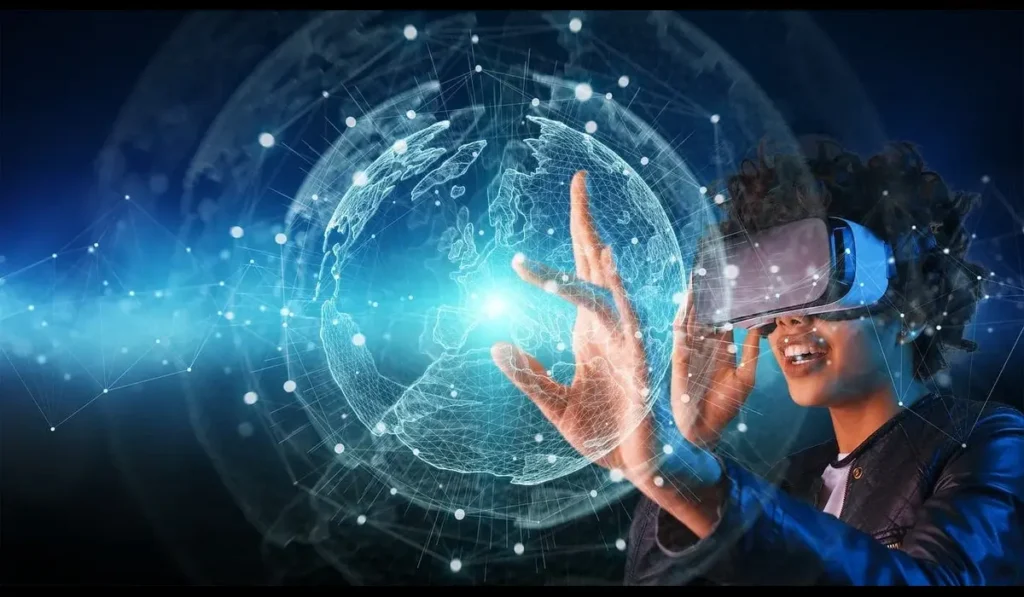In 2025, artificial intelligence (AI) agents are no longer just tools that assist businesses—they are intelligent collaborators, decision-makers, and transformative forces. Powered by advanced natural language processing (NLP), machine learning (ML), and real-time data analytics, AI agents have evolved from narrow task-specific bots into autonomous systems capable of managing end-to-end processes across industries.
This article explores how AI agents are transforming business operations in 2025, highlighting key use cases, benefits, challenges, and the future potential of intelligent agents in a rapidly digitizing world.
What Are AI Agents?
AI agents are software systems that act autonomously or semi-autonomously to perform tasks, solve problems, or make decisions based on goals, environmental context, and data. Unlike traditional automation tools that rely on fixed rules, AI agents learn from data and interactions to improve performance over time.
In 2025, AI agents are powered by:
- Large Language Models (LLMs) for human-like communication
- Reinforcement Learning for Adaptive Decision-Making
- NLP and computer vision for perception and comprehension
- Generative AI to create content, models, and strategies
- Multi-agent systems that collaborate across departments or companies

Top Ways AI Agents Are Transforming Business in 2025
1. Customer Service and Experience
AI agents are transforming customer service by providing intelligent, individualized, and real-time assistance around the clock. Chatbots have matured into AI-powered virtual assistants that can handle complex queries, predict user intent, and resolve issues across multiple channels—email, voice, chat, and social media.
Key Features:
- Natural-sounding responses via speech synthesis
- Emotional intelligence (detecting customer sentiment)
- Proactive recommendations and up-sell/cross-sell offers
- Integration with CRM, ERP, and ticketing platforms
Example: An AI agent at a telecom company can handle billing queries, recommend plans, detect churn risk, and initiate retention offers without human intervention.
2. Sales and Marketing Automation
AI agents are reshaping sales funnels and marketing strategies through hyper-personalization and predictive analytics. In 2025, sales agents don’t just automate emails—they initiate and nurture leads, generate tailored content, schedule follow-ups, and even close deals using voice bots or video avatars.
Benefits:
- Higher conversion rates from personalized interactions
- Dynamic campaign generation based on customer behavior
- Optimized ad spend via AI bidding and targeting
- Real-time A/B testing with self-learning algorithms
Example: AI agents can monitor website activity and automatically reach out to high-intent visitors with product demos or discount offers via WhatsApp or LinkedIn.
3. Human Resources and Recruitment
HR departments are using AI agents to improve talent acquisition, onboarding, and employee engagement. From screening resumes using natural language filters to conducting AI-led interviews and recommending training programs, AI agents reduce time-to-hire and bias in the process.
Key Applications:
- Resume parsing and skill-matching
- Automated interview scheduling and assessment
- AI chatbots for onboarding FAQs
- Sentiment analysis in employee feedback
Example: A recruitment AI agent identifies top candidates from LinkedIn, screens their experience, schedules an interview, and sends personalized onboarding material once hired.
4. Finance and Accounting
In finance, AI agents are being used for real-time fraud detection, automated invoice processing, credit scoring, and investment analysis. They help organizations track financial KPIs, ensure compliance, and optimize expenditures with minimal human input.
Transformational Use Cases:
- Real-time audit trails and anomaly detection
- Predictive cash flow management
- Automated tax filing and compliance reporting
- Personalized financial planning (e.g., AI wealth advisors)
Example: Banks deploy AI agents that monitor transactions for fraud, provide instant alerts, and suggest preventive actions, saving millions in potential losses.
5. Supply Chain and Logistics
AI agents are helping businesses respond to supply chain disruptions with agility. These agents can analyze global supply-demand trends, suggest alternate suppliers, optimize routing, and ensure real-time inventory accuracy.
Supply Chain Capabilities:
- Forecasting demand and supply shocks
- Dynamic route optimization for deliveries
- Inventory reordering with predictive analytics
- Smart procurement and contract negotiation
As an illustration, a manufacturing company uses AI agents to identify Chinese port delays and immediately reroute orders to other Southeast Asian suppliers.
6. Product Development and R&D
Generative AI agents are accelerating product development by suggesting designs, running simulations, and even writing patent documents. These agents are used in pharmaceuticals, automotive, and consumer electronics to reduce time-to-market and foster innovation.
Applications:
- Autonomous experimentation and A/B testing
- Product ideation from market trends
- Drafting documentation and regulatory reports
- Code generation for software products
Example: A biotech firm uses an AI agent to simulate drug interactions, recommend compound structures, and submit documentation to the FDA—all within weeks.
7. Operations and Process Automation
AI agents are embedded within digital workflows to optimize resource allocation, detect inefficiencies, and make real-time decisions. These agents work in conjunction with RPA (Robotic Process Automation) bots to extend beyond rule-based automation.
Benefits:
- Reduced operational costs through self-correcting systems
- AI-led SLA management and escalation handling
- Dynamic resource scheduling and workforce planning
- Real-time risk detection in critical operations
Example: In a smart factory, AI agents detect machinery issues via sensor data and initiate preemptive maintenance before a breakdown occurs.

Advantages of AI Agents in 2025
AI agents aid contemporary businesses in many ways:
| Benefit | Description |
|---|---|
| 24/7 Availability | AI agents operate continuously, eliminating the need for time zone and shift dependencies. |
| Scalability | One AI agent can handle millions of users or tasks concurrently. |
| Cost Efficiency | Reduces manpower costs and increases process efficiency. |
| Accuracy & Consistency | Eliminates human error and ensures uniform service quality. |
| Personalization | Delivers context-aware, user-specific recommendations or actions. |
| Speed | Processes information and takes action in real-time. |
Challenges and Considerations
Despite their transformative potential, AI agents come with challenges:
- Data Privacy & Security – Handling sensitive business and customer data requires strong compliance (GDPR, HIPAA, etc.).
- Bias and Fairness – Poor training data can introduce or amplify discrimination.
- Explainability – AI agents must provide understandable reasons for their decisions.
- Integration Complexity – Legacy systems may not easily support modern AI deployment.
- Overdependence Risk – Organizations risk operational disruption if AI agents fail or make incorrect decisions.
The Rise of Autonomous Multi-Agent Systems
In 2025, AI agents are no longer isolated bots. They work in multi-agent ecosystems—networks of intelligent agents that collaborate and negotiate to accomplish larger business goals.
For example:
- A sales agent collaborates with a supply chain agent to determine inventory availability before confirming a large order.
- A customer support agent escalates a technical issue to an engineering agent, who generates a bug fix.
This inter-agent communication and orchestration is ushering in a new era of autonomous enterprise systems.
Industries Leading the AI Agent Revolution
| Industry | Use Case |
|---|---|
| Retail | Virtual shopping assistants, demand forecasting, and returns automation |
| Healthcare | Symptom checkers, virtual nurses, and claims processing |
| Finance | AI trading agents, risk monitoring, and KYC automation |
| Manufacturing | Predictive maintenance, quality assurance, and digital twins |
| Travel & Hospitality | Itinerary agents, pricing bots, and guest experience agents |
The Future of AI Agents in Business
Looking ahead, AI agents will continue evolving with capabilities like:
- Emotional intelligence for more human-like interactions
- Cognitive reasoning to handle ambiguous or novel situations
- Multi-modal interaction (text, voice, vision, touch)
- Autonomous decision-making in decentralized systems like blockchain and DAOs
Enterprises that successfully integrate AI agents will not only gain competitive advantages but will redefine how work is done, opening doors to new products, services, and customer experiences.
Related Blog: Wall Street Rallies on Trade Deal & Fed Rate-Cut Optimism
Conclusion
AI agents in 2025 are not just tools—they are co-pilots of modern business. They reduce inefficiencies, improve decision-making, and drive personalized engagement at scale. As AI continues to evolve, its role in reshaping the business landscape will only grow stronger.
Companies that embrace and invest in intelligent agents today are setting the foundation for a future where agility, automation, and intelligence are at the core of every business process.




